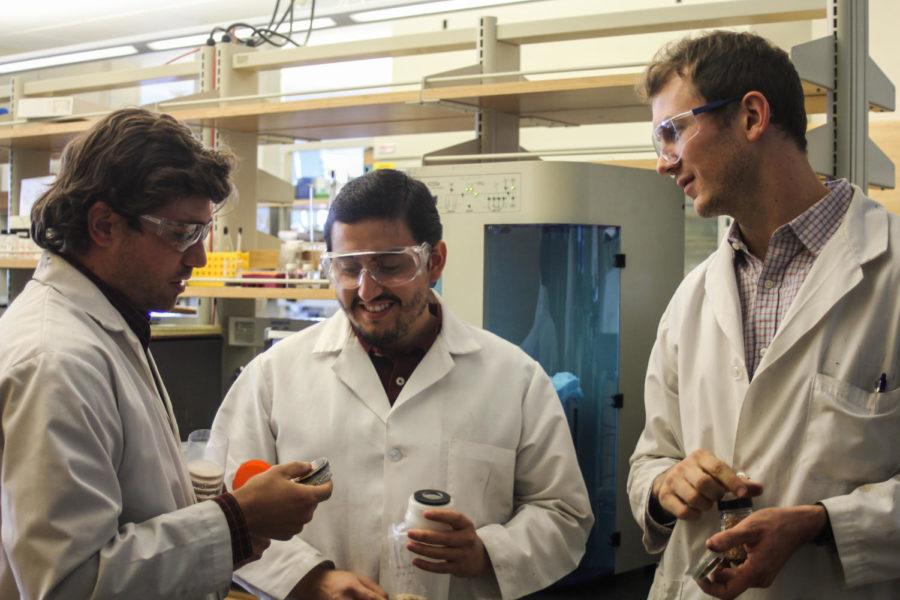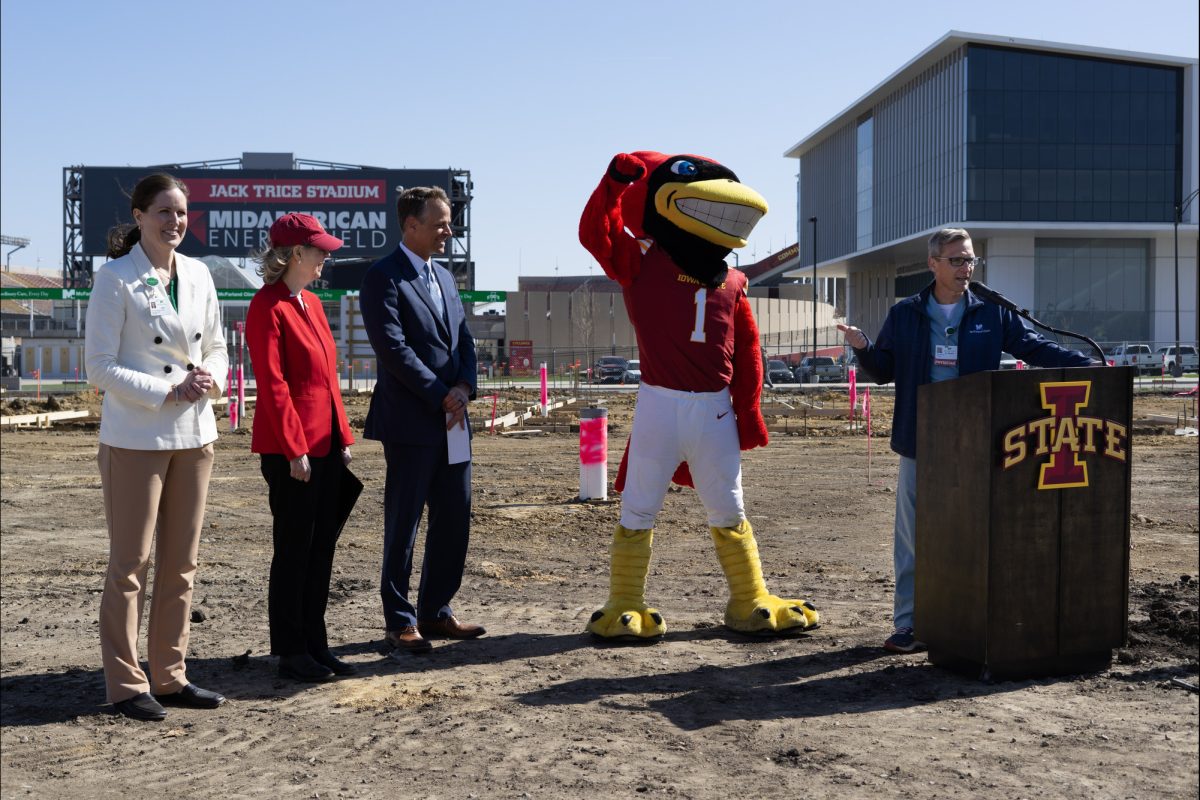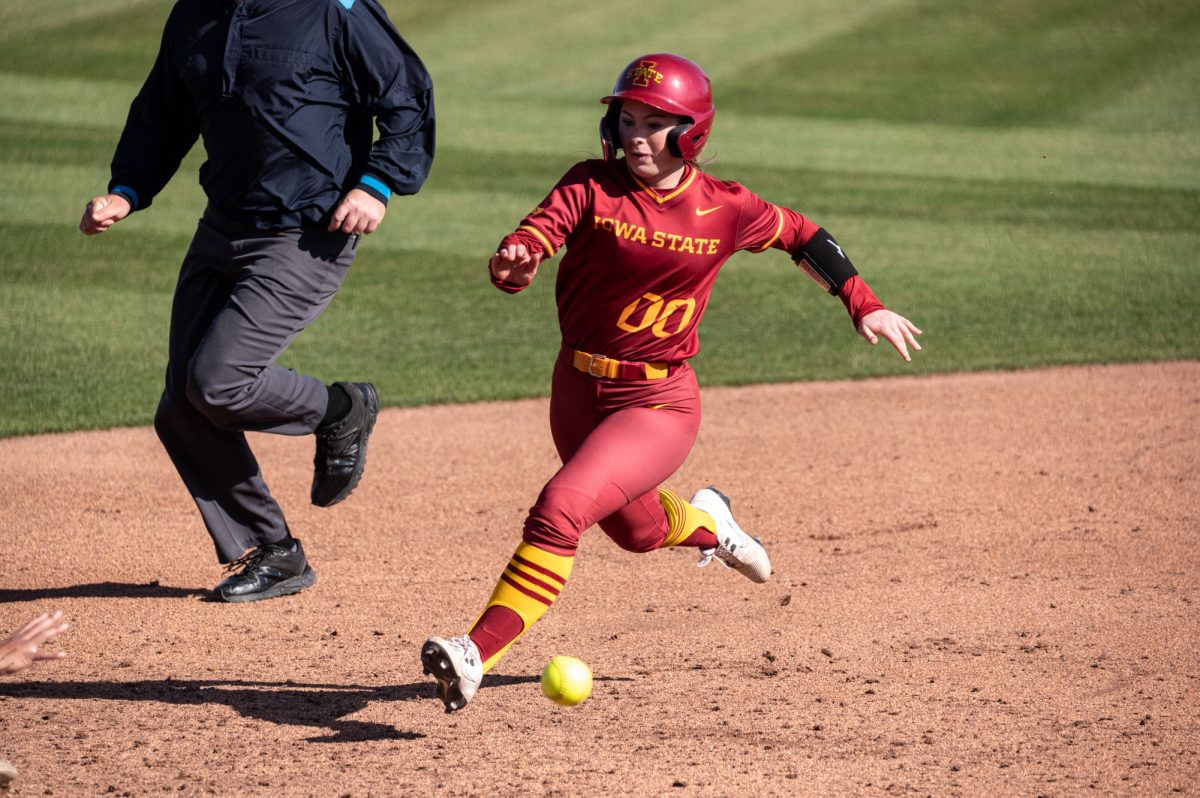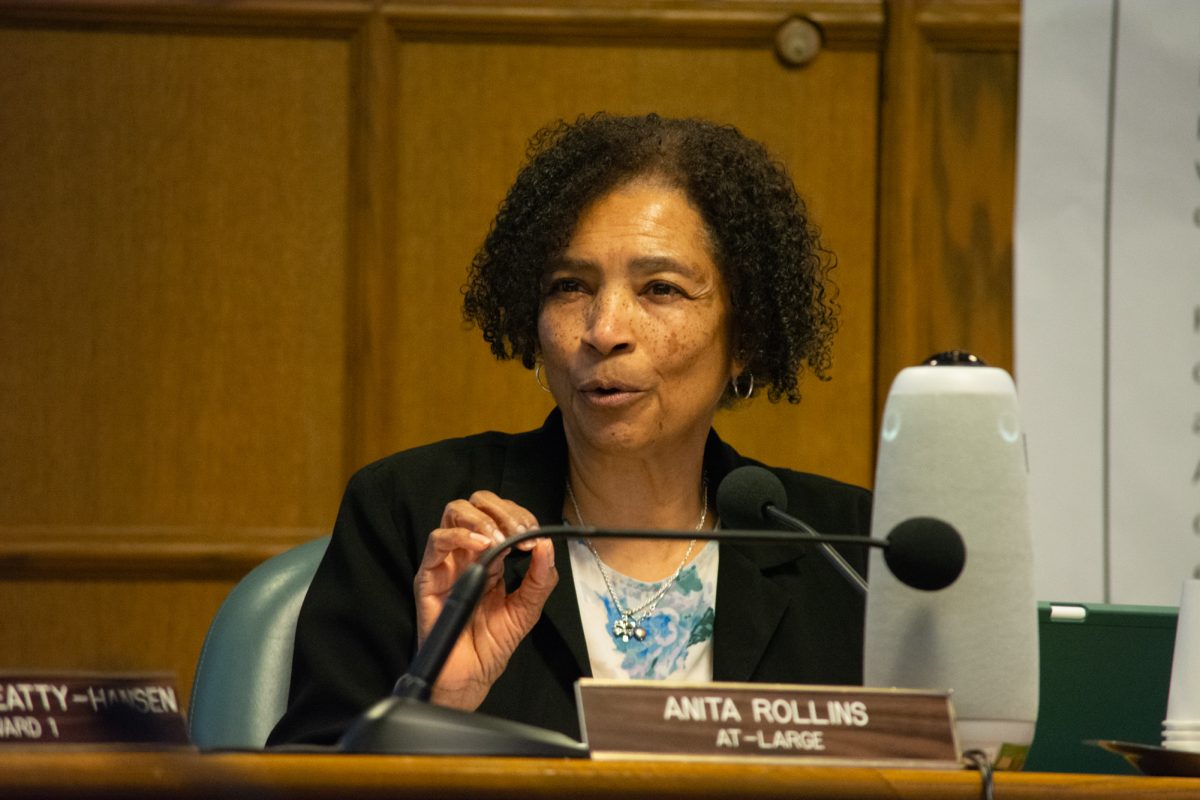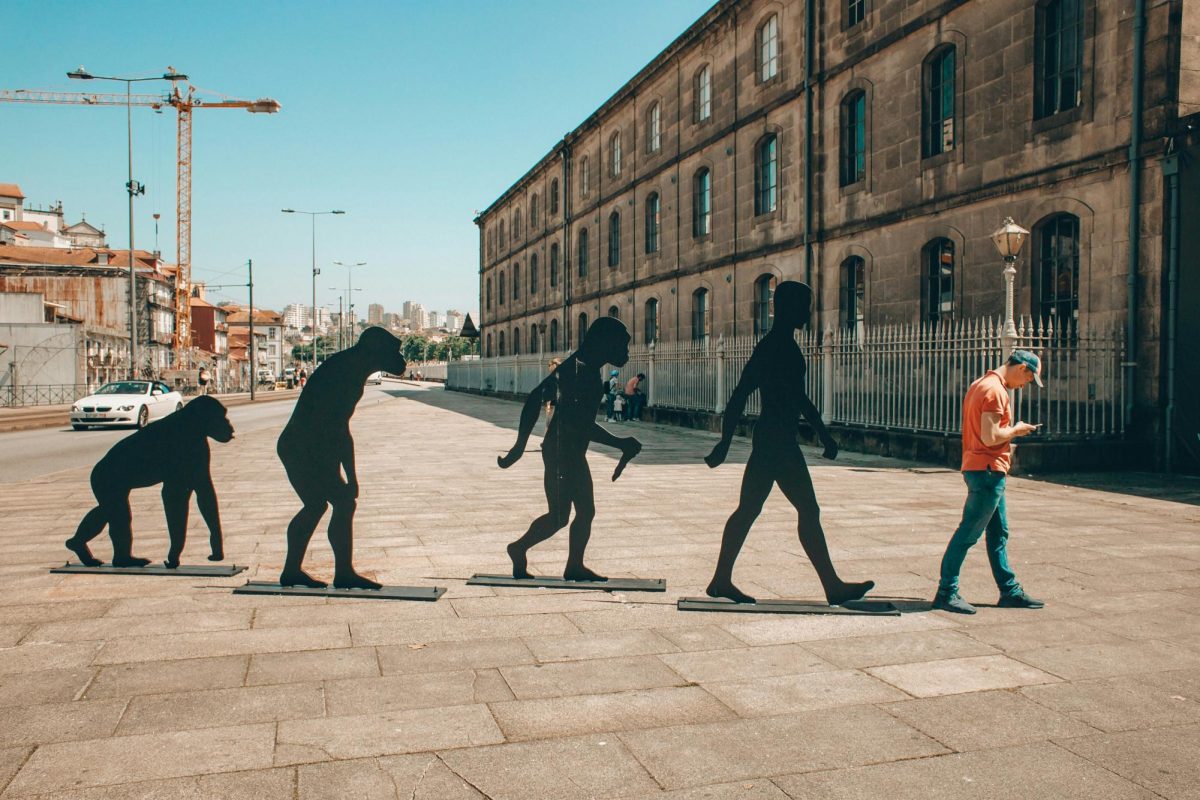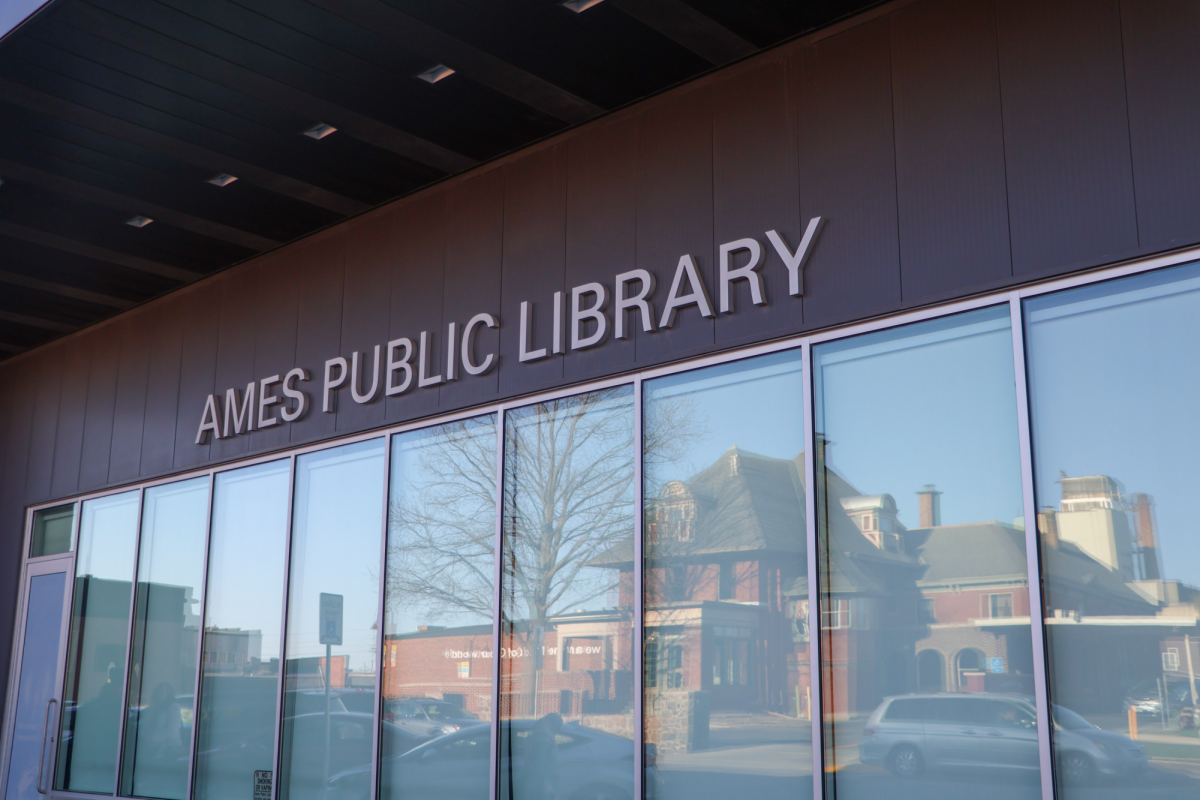Better biodiesel: ISU graduate students receive grant to continue biochar research
Hannah Hoolihan/Iowa State Daily
A student group run by Bernardo Del Campo, Matthew Kieffer and Juan Aviles-Proano made their own company. Charcoal that filters water from fertilizer run-off.
October 10, 2014
Having a job while in college can be stressful, but creating your own company is a whole other briquette in the fire.
For ISU students Bernardo Del Campo, Juan Proano and Matthew Kieffer, that is their reality. Their company, Artichar, works to sell the bio-renewable product called Biochar, a charcoal-like substance used as a carbon sequestering resource.
Around three years ago, a group of mechanical engineering students joined forces and began playing around with the idea of Biodiesel, a fuel that mimics diesel, but is made out of flotsam oil.
“In the beginning, it was biodiesel and consulting. It was playing around as a club figuring out ‘How do we do biodiesel? How do we help the farmer?’ Proano said. “In that phase, we figured out that Biochar could be a good addition in order to improve the health of the soils on a farm.”
The group previously collected the oil and processed it into biodiesel, but this only lasted about a year before the collection began to outsize the group.
As the group began looking at the idea of making a profit with the research they had done, it became apparent that a change needed to be made.
“We decided it’s more profitable for us just to go into the oil business; recycle, clean it, and sell it to biodiesel plants,” said Del Campo, president of Artichar.
The group made a breakthrough in being able to pretreat the oil for much cheaper than was currently being done.
“People have been doing this pretreatment for some time, but we did it [for] pennies. It was a really reduced budget.” Proano said.
From there, the company began working with around 20 individuals from many different backgrounds and ethnicities to make different products from another bio-renewable resource, Biochar.
Some of these products include soil supplements for in-home garden plants, soil supplements for farmers looking to enrich their soil and Biochar reactors. A reactor converts the raw materials into the product.
Biochar starts as sawdust from rice husks or pinewood. Then, through the process of biomass pyrolysis, the sawdust is turned into the product of Biochar. It is a charcoal-like substance with a porous surface that acts as a sponge to help clean up farm chemicals from streams and rivers.
Being rich in carbon, Biochar also acts as a soil supplement to enrich the soil.
To test the product, the company ventured to Nicaragua to make a reactor and test the Biochar product.
“We saw that people liked [Biochar],” Proano said. “We saw that it is a good addition to the agricultural setting there. Then we decided ‘Ok let’s make it bigger. Let’s become a business.”
This is where the Artichar Company truly began.
“We worked on it for two years before we actually formalized the company. We were just working on small projects,” said Kieffer, vice president of Artichar.
In addition to its’ breakthroughs in affordable bio-renewable sources, Artichar contains a diverse group of people all working together to help the company.
Artichar has members from Brazil, Ecuador, Malaysia and Wisconsin, as well as people from a variety of majors and backgrounds. From mechanical, agricultural and electrical engineering students, to physicists to a farmer who has spent his entire life farming, the diversity of the group expands through a large platform.
“We have people from all over the place, not only from a cultural standpoint, but also the disciplines,” Proano said. “Perhaps I was thinking A. He was thinking B. With the team, we come with a whole alphabet, not just two ideas.“
The company recently received a grant from the U.S. Department of Energy for $150,000. Of that money, $60,000 is to go to the university to continue working on Biochar research. The company will use the remaining money for upcoming projects. One of these projects uses filtering with salt water.
Artichar looks to continue expanding their business and look for new ways to utilize Biochar.
“We have learned so much from this and it has been very fruitful for us,” Del Campo said.


